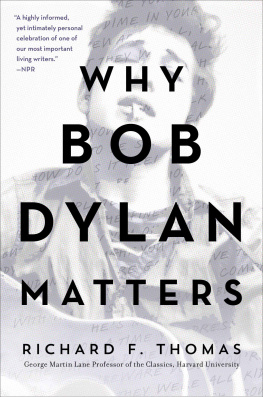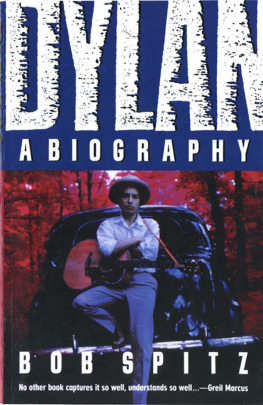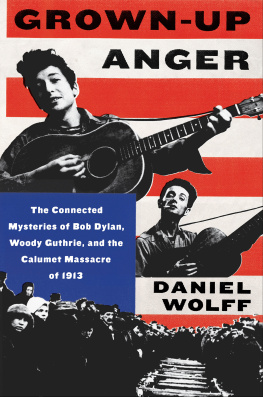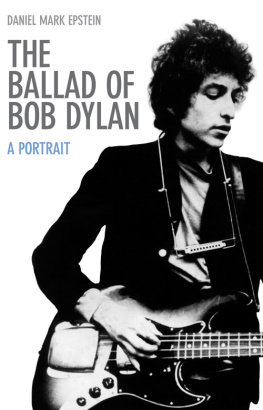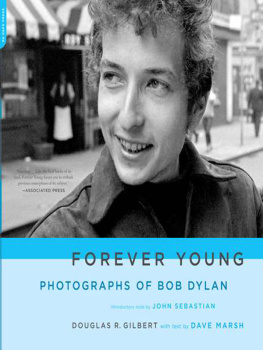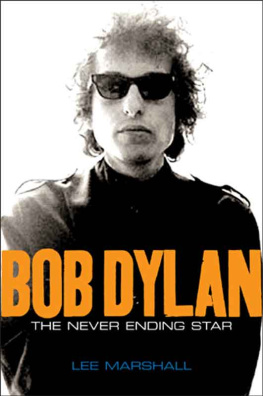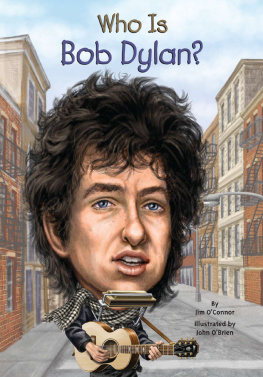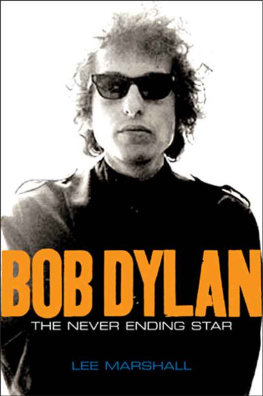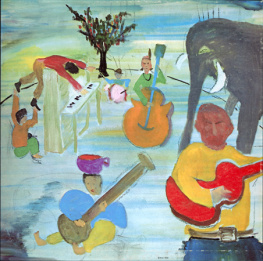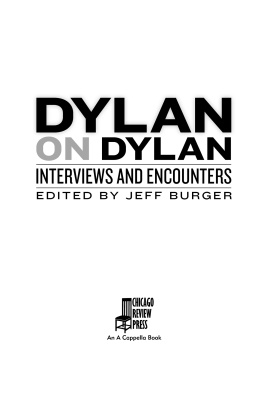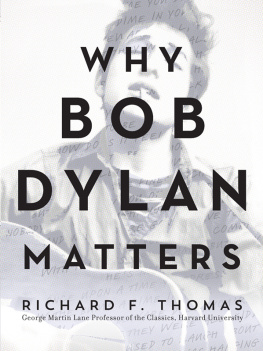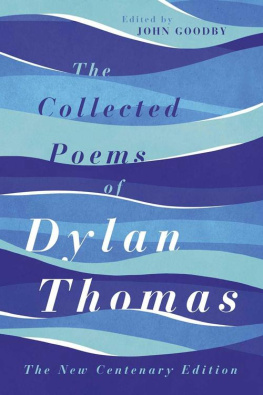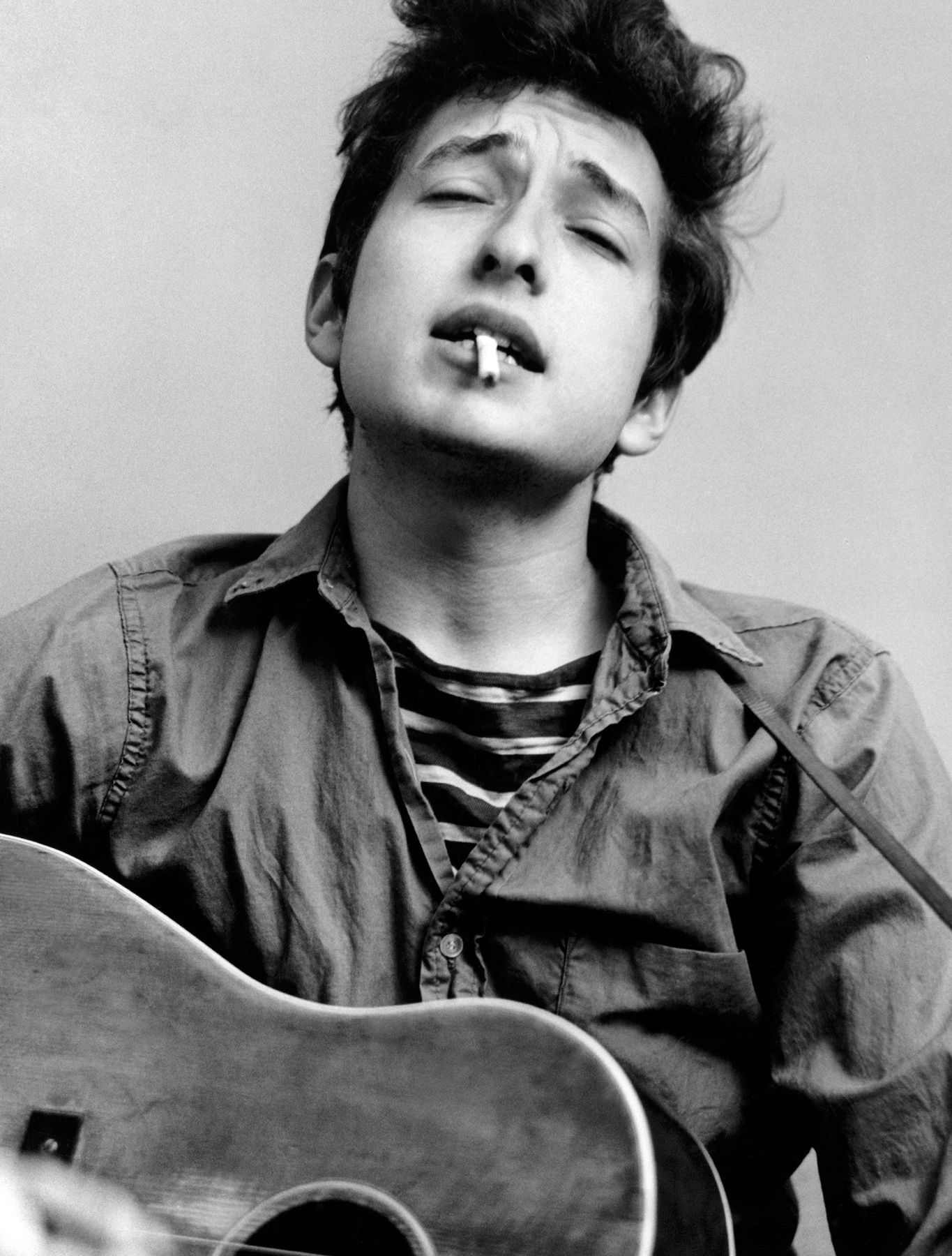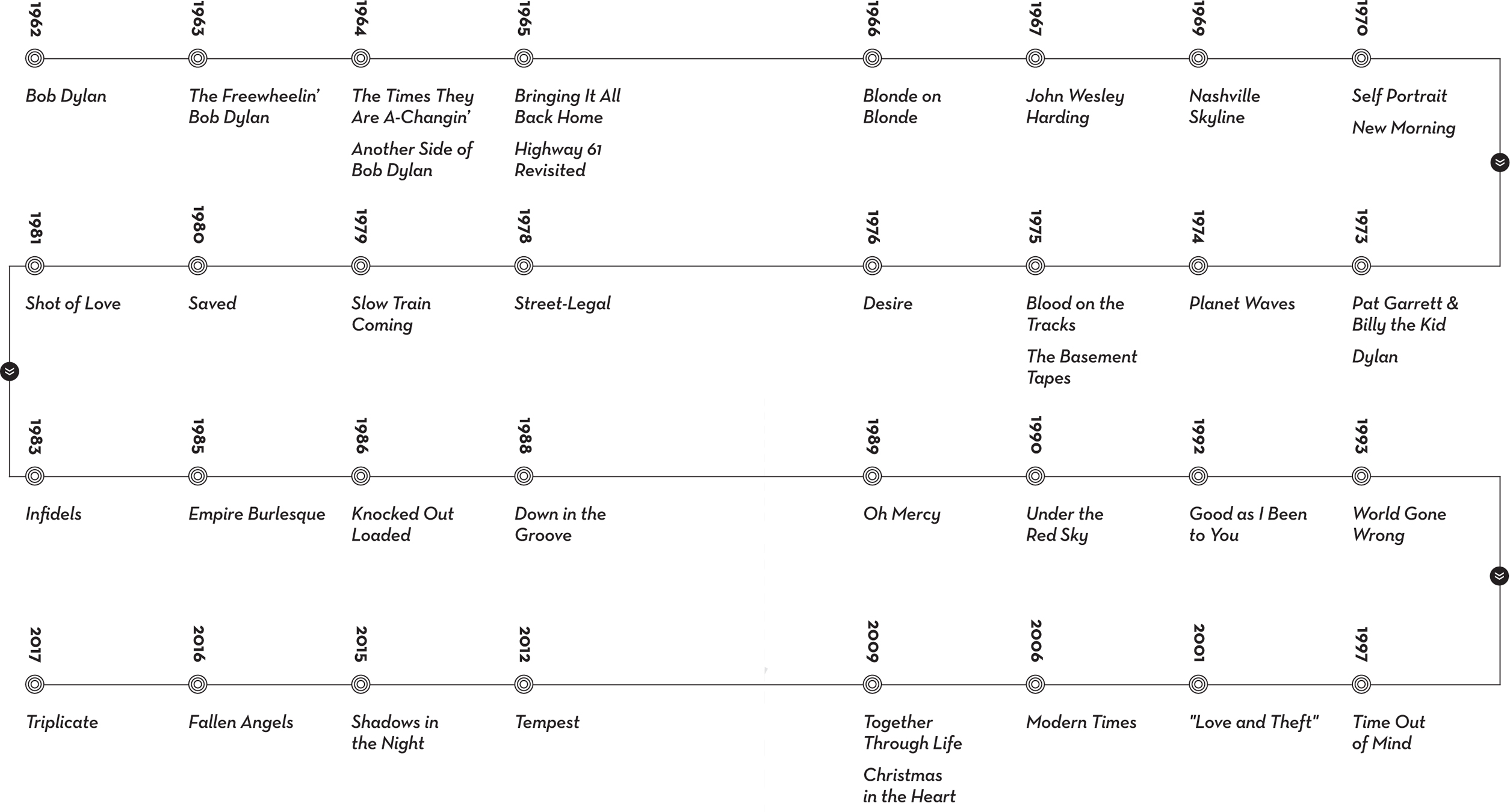Contents
Guide
To four generations of Harvard freshmen in
FRSEM 37u: Bob Dylan
20042016
Contents
THERES A MOMENT WHEN ALL OLD THINGS BECOME NEW AGAIN
BOB DYLAN
Bob Dylans Blonde on Blonde was one of two albums I packed in the trunk I sent from New Zealand to Ann Arbor, Michigan, in the early summer of 1974. The other was Songs of Leonard Cohen. I was twenty-three years old and had sold off the rest of my record collection to finance a two-month backpacking trip through Greece, before starting my doctoral studies at the University of Michigan. The trip to Greece was my first, but I had been fascinated by the Greeks and Romans since the age of nine, growing up in Auckland, New Zealand, half a world away from where their civilizations rose and fell. I arrived in Ann Arbor on August 18, 1974, days after Richard Nixon resigned from the presidency, ready to begin my professional life as a scholar and teacher of classical literature. My trunk finally arrived in October, and its familiar contents were a welcome sight. Along with the survivors of my record collection, that trunk contained the few classical texts I had accumulated as an undergraduate: the writings of Homer and Virgil, the epic poets of Greece and Rome, along with Sappho, Catullus, Horace, and Ovid, the brilliant lyric poets and love poets whose work captures what it means to live and love, to win and lose, to grieve and celebrate, and to grow old and die. For two thousand years, their poetry has fired the minds and imaginations of philosophers and poets, painters, sculptors and musicians, dreamers and lovers.
For the past forty years, as a classics professor, I have been living in the worlds of the Greek and Roman poets, reading them, writing about them, and teaching them to students in their original languages and in English translation. I have for even longer been living in the world of Bob Dylans songs, and in my mind Dylan long ago joined the company of those ancient poets. He is part of that classical stream whose spring starts out in Greece and Rome and flows on down through the years, remaining relevant today, and incapable of being contained by time or place. Thats how Dylan matters to me, and thats what this book is about.
From the beginning of his musical career, Bob Dylan has been working with artistic principles, and attitudes toward composition, revision, and performance, that bear many similarities to those of the ancients. He has also been living and writing in a world that bears many striking similarities to that of the ancient Romans, whose republic was the model on which the Founding Fathers built our own system. I believe that Dylan early on came to recognize this similarity, and it has been reflected in the worlds he creates for us in his music ever since.
Cullen Murphys 2007 book, Are We Rome?, addresses this question, arguing that our time (Dylans time) looks quite a bit like for the most part that of the Romans at various moments in their more than thousand-year history. According to Cullen, the ties that bind the two cultures include the condition of being a superpower, tensions caused by ethnic differences, the persistent memory of civil wars long after the last battle was fought, a sense of the fragility of political structures and decline of the human condition, the relaxation of moral and religious bonds, and a pushback against the countercultures.
At the heart of it, Rome around the last century BC and the beginnings of the first century AD and America in the second half of the twentieth share a sense of modernity, by which I mean a few things. By then Rome had more or less established herself as the dominant power in the Mediterranean world. The absence of serious external enemies, along with the sheer size of her empire, led to competing struggles among those whose task it was to govern the state and extend and defend its vast borders. Starting in the middle of the century these competing forces clashed, and a series of civil wars led to the eliminationby death on the battlefield, murder, and assassinationof one figure after another, along with the defeat of the ideals or interests they represented. The names are well known: Pompey the Great, Julius Caesar, Brutus, Mark Antony, all killed in a succession of bloody civil wars that went on for eighteen years. By around 30 BC, Augustus Caesar, as he would be renamed, the last man standing, delivered the final blow to the republic and stepped in as the first emperor of Rome.
This period of political uncertainty coincided with the emergence of a brilliant succession of poets and other writers, as happens at moments of political and national crisis or greatness: Athens in the fifth century BC, Elizabethan England, America and Great Britain between the two world warsthe rise of the so-called Moderns. Such moments give rise to a heightened sense of the past, along with uncertainties about the future. In each of these periods new art forms responded to what was happening, disrupting the old forms and traditions, busting them up, renewing what had gone before, moving into uncharted territory. The Roman poets in question will become familiar in the pages that follow: Catullus, Virgil, Horace, and Ovid. Others would have filled out their ranks, but their texts did not survive the centuries. Their art addressed the large issues of their day, the perilous state of their world, and the aftermath of civil war. Similarly, Dylans art would speak to the horrors of the wars of his day, the Second World War and the cold war that followed, historic episodes like the Cuban missile crisis, and the fear of nuclear warfare, eventually Vietnam, even Iraq. And in both cases, through music and poetry that would prove to be enduring, memorable, and meaningful to ages beyond their own, Dylan and the ancients explore the essential question of what it means to be human.
Dylans songs have been part of my song memory since my mid-teens, but it would be decades before they became more fully aligned in my mind with the Greek and Roman poets I was beginning to read back then. And it was chiefly in the twenty-first century that Dylan started to reference, borrow from, and creatively reuse their work in his own songs. I first began to make the connection after a trip to the coast of Normandy, where I had been invited in the spring of 2001 to give a lecture at the University of Caen on Virgil and other Roman poets. My host, Catharine Mason, a linguistics professor there, met me at the train station. She suggested that instead of touring the town, pretty much pummeled out of its historical state before the D-Day invasion of June 6, 1944, we might head for the beach. That sounded good to me, so I followed her to the parking lot. As we got into her car and she turned the key in the ignition, music came blasting from her car stereo. As weve all done, she had gotten out of the car earlier without thinking to turn down the volume, and the familiar bars of Dylans Idiot Wind, then and now one of my favorite songs, urgently interrupted our tentative conversation:
You hurt the ones that I love best and cover up the truth with lies
One day youll be in the ditch, flies buzzin around your eyes
Blood on your saddle
Our conversation quickly turned to Dylan, to that song and its importance. For Catharine, a single mother who had recently gone through a divorce, and an American expatriate bringing up two young sons in France, the breakup song had powerful personal resonance. She had gotten hooked on Dylan twenty-five years after I had, with his 1990 album

